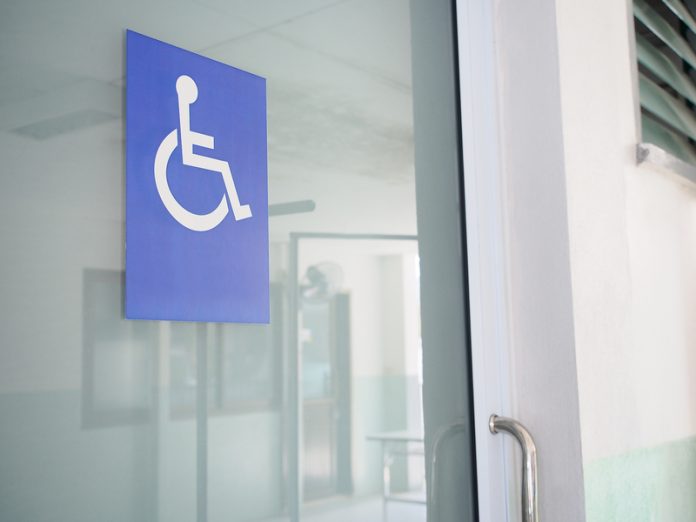The Blue Badge scheme has now been extended to cover people with hidden disabilities and is the biggest change to the system in the last 40 years
The scheme has been adjusted to cover hidden disabilities, including autism and mental health conditions and has been tweaked to:
- offer accessible parking for people who find travel difficult
- is part of the government’s drive to build a society that works for all
The new criteria will give clear and consistent guidelines on Blue Badge eligibility for the whole of England.
The Blue Badge scheme already means those with physical disabilities can park closer to their destination than other drivers, as they are less able to take public transport or walk longer distances.
Transport Minister Jesse Norman said: “Blue badges are a lifeline for disabled people, giving them the freedom and confidence to get to work and visit friends independently.
“The changes we have announced today will ensure that this scheme is extended equally to people with hidden disabilities so that they can enjoy the freedoms that many of us take for granted.”
The new criteria will extend eligibility to people who:
- cannot undertake a journey without there being a risk of serious harm to their health or safety or that of any other person (such as young children with autism)
- cannot undertake a journey without it causing them very considerable psychological distress
- have very considerable difficulty when walking (both the physical act and experience of walking)
The move follows an 8-week consultation and are part of the government’s drive for greater parity between physical and mental health conditions.
Jane Harris, Director of External Affairs at the National Autistic Society, said: “Today’s Blue Badge announcement will make a massive difference to the lives of many of the 600,000 autistic people in England, and their families.
“Just leaving the house is a challenge for many autistic people, involving detailed preparation – and sometimes overwhelming anxiety about plans going wrong. And some autistic people might not be aware of the dangers of the road or become overwhelmed by busy or loud environments.
“The possibility of not being able to find a parking space near where you’re going can mean you can’t contemplate leaving the house at all.
“The National Autistic Society and our supporters have been highlighting problems with the current rules to the government for many years.
“We’re thrilled that they have listened to the concerns of autistic people and their families, taking into account their needs for certainty and safety. Now it’s important to make sure that these changes are implemented fully and quickly.”
Between 21st January 2018 to 8th March 2018, the consultation to amend the Blue Badge scheme received more than 6,000 responses from across the country.
To help the new changes come into force, the Department for Transport will now work with stakeholders to develop new guidance to create a seamless transition.











